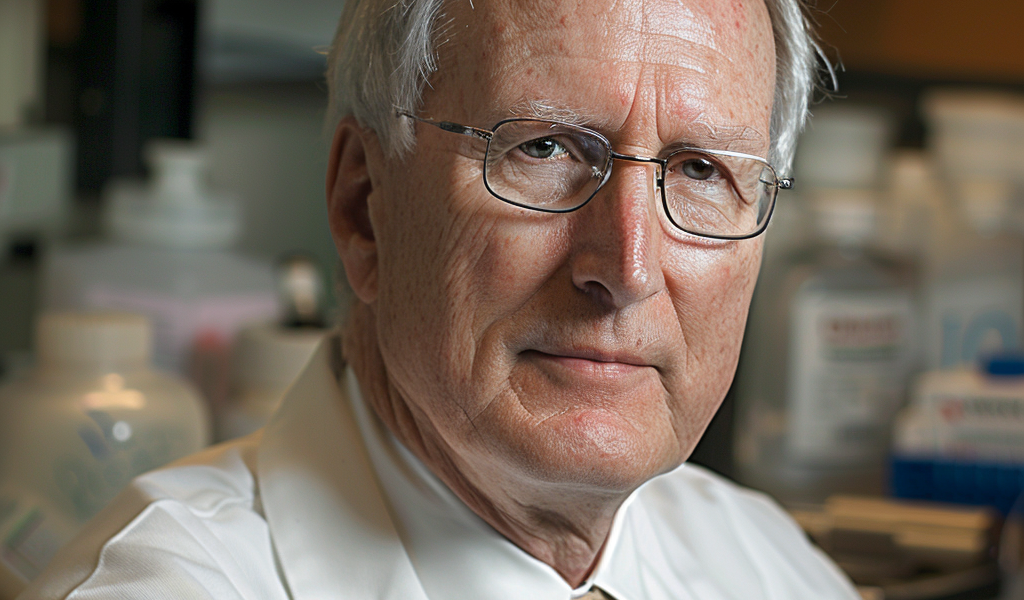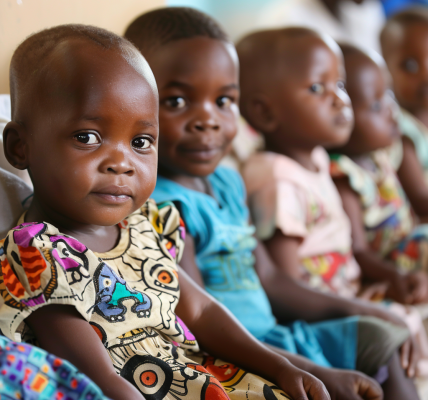Dr. Paul D. Parkman, a renowned researcher who played a pivotal role in identifying the rubella virus and developing a vaccine that has successfully prevented widespread outbreaks of the disease in the United States for over five decades, passed away on May 7 at the age of 91 in Auburn, N.Y.
Dr. Parkman’s niece, Theresa M. Leonardi, confirmed that he succumbed to lymphoblastic leukemia. Rubella, commonly referred to as German measles due to its classification by German scientists in the 19th century, typically manifests as a mild illness characterized by a red, itchy rash. However, when contracted during pregnancy, it poses significant risks, leading to severe physical and mental disabilities in newborns, as well as miscarriages and stillbirths.
During his tenure as a pediatric medical resident in the 1950s at the State University Health Science Center (now SUNY Upstate Medical University) in Syracuse, Dr. Parkman was deeply affected by the tragic consequences of rubella infections in pregnant women. Reflecting on an incident where he had to inform a mother about her stillborn baby with a rash likely caused by rubella, he recognized the urgent need for preventive measures.
The years 1964 and 1965 marked a devastating rubella epidemic in the United States, resulting in approximately 11,000 miscarriages, 2,100 infant deaths, and 20,000 babies born with birth defects. This epidemic, occurring cyclically every six to nine years, prompted urgent action to combat the disease.
Following the development of the rubella vaccine, extensive public education campaigns were launched to raise awareness about the importance of vaccination and the risks of maternal-fetal transmission of the virus. These efforts proved instrumental in curbing the spread of rubella and preventing future epidemics.
Dr. Parkman’s pioneering work, in collaboration with a team of researchers, culminated in the creation of a vaccine that has been pivotal in eradicating rubella outbreaks in the United States since the 1960s. His contributions to public health have had a lasting impact, safeguarding countless lives from the devastating consequences of rubella infections.





